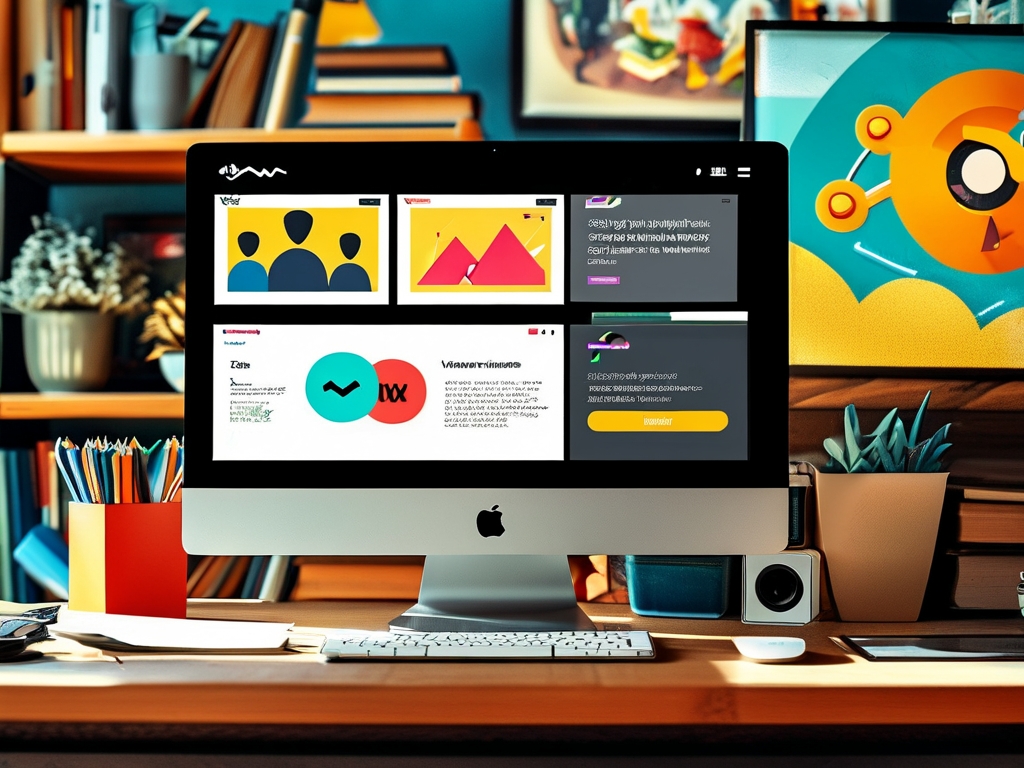In today's competitive tech landscape, mastering front-end interview fundamentals has become a critical step for developers aiming to secure roles at top-tier companies. This article explores the essential skills, concepts, and strategies covered in a robust Front-End Interview Fundamentals Course, providing actionable insights for candidates at all experience levels.

1. Why Fundamentals Matter in Front-End Interviews
Front-end engineering roles demand more than framework proficiency. Interviewers prioritize candidates who demonstrate deep understanding of core web technologies:
- HTML/CSS Foundations: Semantic markup, CSS specificity, and responsive design principles
- JavaScript Core Concepts: Closures, prototypes, event loops, and memory management
- Browser Mechanics: Rendering pipelines, reflow/repaint optimization, and security models
A study by HackerRank (2023) revealed that 68% of failed technical interviews stemmed from gaps in foundational knowledge rather than framework-specific errors.
2. Core Curriculum of a Strong Fundamentals Course
An effective training program should structure learning across three pillars:
2.1 HTML/CSS Mastery
- Semantic HTML5 elements and accessibility compliance
- CSS Flexbox/Grid layouts with cross-browser support
- Advanced selectors and CSS architecture patterns (BEM, SMACSS)
- Performance optimization techniques (critical CSS, asset loading)
2.2 JavaScript Deep Dive
- Execution context and hoisting mechanisms
- Prototypal inheritance vs classical OOP
- ES6+ features (arrow functions, destructuring, modules)
- Memory leaks prevention and garbage collection
2.3 Browser & Network Fundamentals
- DNS resolution and HTTP/HTTPS handshakes
- CORS policies and security headers
- Service Workers and caching strategies
- Web Vitals metrics and optimization targets
3. Practical Implementation Skills
Modern interviews increasingly emphasize hands-on problem-solving:
3.1 Live Coding Challenges
- Recreating UI components from scratch (e.g., modal dialogs, carousels)
- Algorithmic problems with DOM manipulation constraints
- Debugging memory leaks using Chrome DevTools
3.2 System Design Exercises
- Architecting responsive layouts for complex applications
- State management solutions without frameworks
- Performance audit simulations for slow web pages
4. Framework-Specific Expectations
While fundamentals remain paramount, candidates must bridge core knowledge with modern tools:
| Framework | Key Interview Focus Areas |
|---|---|
| React | Virtual DOM, Hooks lifecycle, Context API |
| Vue | Reactivity system, Composition API |
| Angular | Change detection, Dependency injection |
A balanced curriculum should dedicate 40% to vanilla JavaScript and 30% to framework comparisons, ensuring adaptability across tech stacks.
5. Behavioral & Soft Skill Preparation
Technical prowess alone doesn't guarantee success. Top courses integrate:
- Problem-Solving Communication: Articulating thought processes during whiteboard sessions
- Code Review Practice: Giving/receiving constructive feedback
- Teamwork Simulations: Resolving merge conflicts and API integration disputes
6. Resource Recommendations
Supplement coursework with:
- Books: "JavaScript: The Definitive Guide" (O'Reilly)
- Tools: JSFiddle for rapid prototyping
- Communities: Front-End Developer Handbook forums
7. Common Pitfalls to Avoid
- Over-reliance on framework abstractions
- Neglecting cross-browser testing
- Underestimating accessibility requirements
- Memorizing solutions vs understanding concepts
8. The Road Ahead
As web standards evolve with new specifications like WebAssembly and Progressive Web Apps, foundational knowledge remains the bedrock of sustainable career growth. Developers who invest in comprehensive fundamentals training typically see:
- 3× faster onboarding at new positions
- 50% higher success rate in senior-level interviews
- Improved capacity for architectural decision-making
A well-structured Front-End Interview Fundamentals course doesn't just prepare candidates for interviews – it builds the critical thinking and technical depth required for long-term success in web development. By combining rigorous core training with practical simulations and soft skill development, developers position themselves to thrive in an industry where technological change is constant, but foundational excellence remains timeless.









